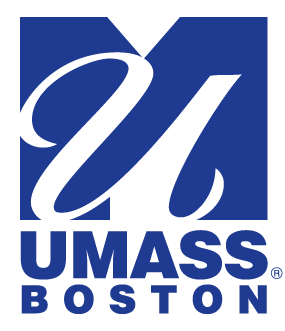A Moratorium On Those Stupid Cadillac Escalades
“Why doesn’t anyone think about reducing the amount of driving they do? Wouldn’t that be a good contribution to the solution?” I asked Walter as I shoveled red coconut curry into my mouth. As usual, I had gone completely overboard with the hot sauce and peppers- my eyes were starting to water. I like food that makes me cry a little, I guess.
It was lunchtime at the Cambodian restaurant next to the gallery and we were conspicuously eavesdropping on the table behind us. Eight crisply dressed businessmen were discussing the pros and cons of nuclear versus solar energy as a viable alternative to fossil fuels.
Any amount of a solution would take a huge amount of collaboration, they said. It would need to be the convergence of several industries that set aside, for at least a small amount of time, a profit driven mindset, they said.
‘This would also be a perfect excuse for a moratorium on those stupid Cadillac Escalades,’ I thought.
“Well,” said Walter, “That’s not really the capitalist way.”
Is it just me, or is the American brand of capitalism mostly inept at breeding anything viable? Aside from the fact that there is literally not enough alternative anything that can replace fossil fuels at the moment, there is the issue of lack of collaboration.
It’s the oil companies versus the wind companies versus the patent holders for the new biodiesel tech… Are they really working together? Only when it’s profitable.
Then I look at the 119 Gallery. Aside from Tom and I (who are technically paid by a grant from the federal government), we are an entirely volunteer run organization. Even our executive director is a volunteer. This adds a great deal of advantages. We’ve been relatively unscathed by the current economic situation.
Through a great amount of collaboration and deepening ties with other organizations and people in our community, the gallery has been growing in size and scope while other for-profit companies are shuttering their doors. This is because we have realized (as most nonprofits must do to survive) that people and likeminded organizations are our greatest resource. Money is obviously important too, but in a different way.
Everyone here works not for a check (okay I get a check but it’s really not very much) but for a commonly held vision. This was illustrated perfectly at our annual board retreat meeting last weekend. In a quaint conference center in Newton (peeling wallpaper aside) we discussed our vision for the organization and what we contribute to the community. After hunching over index cards and scribbling our best version of an elevator pitch about the organization, we shared them with each other. The result? We all held the same ideas in regards to our mission, and were all inspired by them. Hence the reason we had such a strong group of volunteer staff.
It has simply reinforced a belief that most of us already knew: there are way more important things in life than a profit margin.
I’ll admit, I have a very rudimentary understanding of economics and my business sense is laughable at best. It just seems to me that the concept of never-ending consumption no matter what the cost is finally being revealed in all of its ridiculousness (A.I.G. says it all). Are we ready as a society to accept that this might not be the best path to happiness?
I just wonder if our current economic situation might be the beginning of a shift in ideas about what is profitable to businesses. Can profits be quantified as quality of life for workers and constituents? As effective community partnerships? As fully engaging the public in thoughtful discourse?
Obviously, I’m not holding up the gallery as some sort of road map to utopia. I know that would be overly simplistic. I’m just hoping that someday our collective idea of business profitability can change.
![]()











